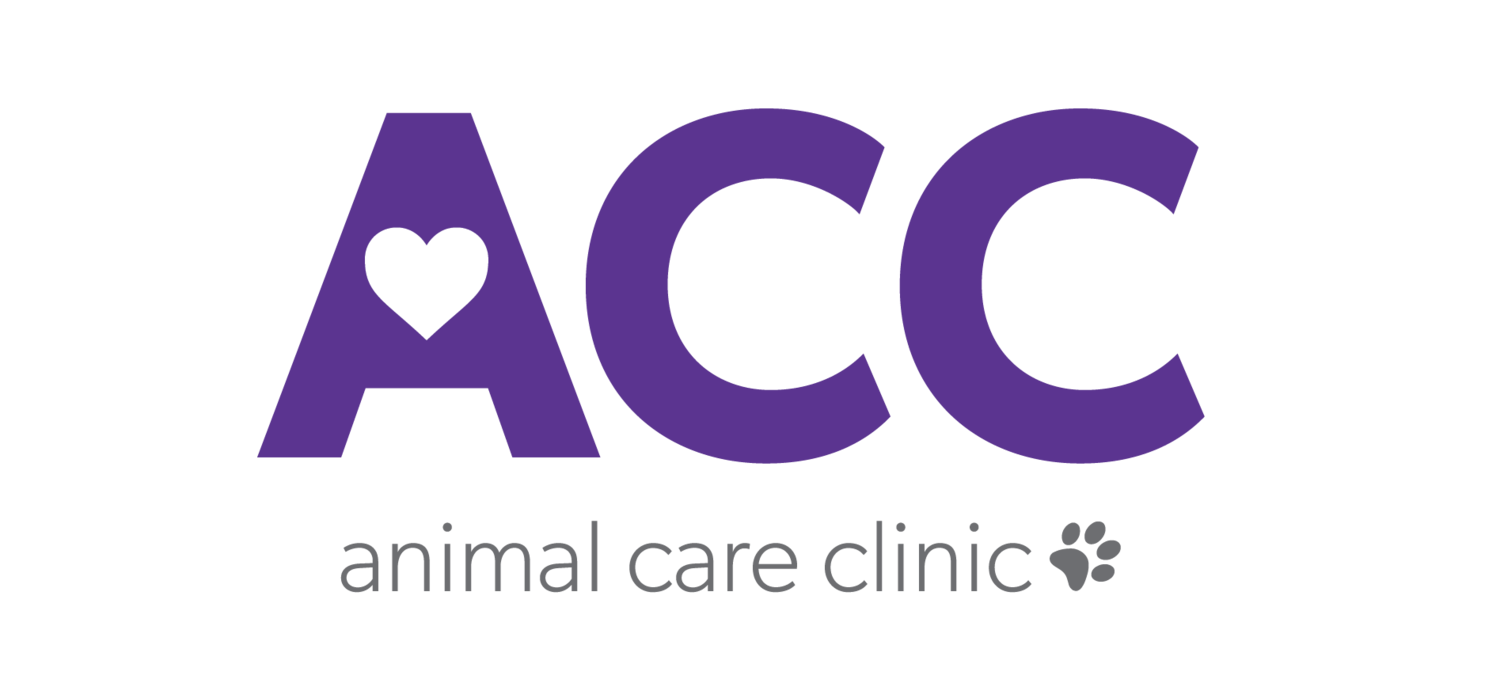Let's face it: regardless of how much you love your pup, it's hard at times to withstand their breath.
According to this study, more than 80% of dogs over the age of 3 have some form of dental disease. Maintaining your pet's dental care is extremely important. Otherwise, dental disease can have serious consequences, including:
Poor Breath
Bleeding and Painful Mouth
Broken Teeth
Loose Teeth
Not able to eat and drink properly
Increased Drooling
Loss of appetite or weight
Swollen Red Gums
If your dog keeps dropping food or shows disinterested in food, chances are it could be due to some dental infection that needs attention. Without proper dental care, your pet has an increased chance of developing other health problems. February marks National Pet Dental Month, and in this article, we share with you four simple tips to maintain your pet’s oral hygiene.
1. Brush Your Pet's Teeth Each Day
You should have a pet toothbrush. Don't try to brush the pet's teeth using a human toothbrush. Using a pet's toothbrush with soft bristles and a pet's toothpaste, is your best option as they are veterinary approved and designed for the uniqueness of canine teeth. Never use human toothpaste for a pet, as it can hurt your pet's stomach, and it can be exceedingly hard to convince your pet to brush again.
Set a routine for brushing your pet's teeth. Ideally, do it when they’re calm and relaxed. Plaque can build up if you don't clean the pet's teeth regularly, putting them at a higher risk for other health problems.
Be sure that you are in a comfortable position when you start brushing. Don't stand above your dog or hold her down, as it can scare her off. Understand your pet's anxiety level and then try kneeling or sitting in front or on the side of her. This may take a couple attempts, but once you master, it will become like a breeze.
2. Dental Treats
Regardless of how hard you try; some pets will still resist brushing. If your pet resists brushing, no matter how hard you have tried, you're not alone.
Dental treats are great with both pets and their owners. It helps your pets to improve dental health and reduce bad breath in dogs. A few things to keep in mind when choosing a dental treat for your pet:
Size: Small dogs may not be able to chew a treat which is too big, just as large dogs can swallow a bone which is too small, so pick the right size. Your local pet store can help you with this.
Timing: As plaque hardens within 24 – 48 hours and it can be difficult to remove once it has happened. So, it is advisable to feed the dental treat once a day, to prevent the plaque from building up.
Ingredients: We suggest to feed a dental treat which has C.E.T, as these enzymes work as a natural antiseptic to reduce plaque.
3. Skip The Bones
Generally, people think bones are great for removing plaque, but it's not true. Some bones can even break your pet's teeth. You should avoid bones as well as cow hooves, and even deer antlers as they will surely damage your pets' teeth.
4. Professional Dental Cleaning
Pets need to be evaluated for the presence of dental tartar and plaque, at regular intervals. You should visit the vet once a year regardless for regular health checkups and vaccinations, and twice a year for older pets. The vet will then check for red-ish gyms, yellow tartar and other symptoms of any dental diseases. Unlike humans, pets don't lay still for the vet to do the cleaning; hence general anesthesia will be used if a professional cleaning is required.
If you haven't don't a dental check for your pet for a while, you can use our online scheduling tool to book your appointment. We use modern and safe ultrasonic technology to clean each tooth thoroughly above and below the gum line. We then polish teeth to create a smooth tooth surface more resistant to plaque buildup, leaving your pet’s grin “brilliant”.

